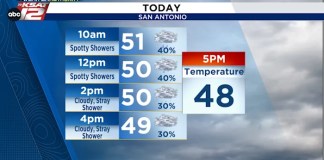Looking for an eosinophilic esophagitis (EoE) doctor? Whether you’ve just been diagnosed or you’ve been managing the condition for a while, it’s likely you’ll need more than one healthcare professional to tackle all the issues that might come up.
A treatment team is necessary to address your EoE symptoms and any potential complications that could arise, says Felice Schnoll-Sussman, MD, a gastroenterologist at Weill Cornell Medicine and NewYork-Presbyterian in New York City.
“There are multiple, different care team members that will be pulled into the patient’s treatment plan, based on response to therapy and the patient’s individual needs,” she says. “Working with a team of professionals that are adept at managing the complexity of these cases is essential.” Here’s a look at who you might need on your treatment team.
1. Primary Care Provider
If you have EoE, your primary care provider will play a very important role in your care. They’re often the ones who give an initial exam that leads to an EoE diagnosis, says Subhankar Chakraborty, MD, a gastroenterologist at the Ohio State University Wexner Medical Center in Columbus.
“They tend to be the ones who first recognize symptoms of EoE, such as trouble swallowing, then they make the referral for specialist care, usually to a gastroenterologist,” he says. “From there, they’ll be helpful for patient education and for addressing medical issues that may be happening along with EoE.”
Other potential comorbidities that could happen alongside EoE include autoimmune disorders and neurodevelopmental disorders, but these are less common, says Dr. Chakraborty.
2. Gastroenterologist
A gastroenterologist is often at the center of the EoE care team, says Dr. Schnoll-Sussman. They will perform the initial endoscopy to make the diagnosis and ongoing endoscopies to see whether your treatment is working for you. (An endoscopy is a procedure used to look at organs and tissues inside the body using an endoscope, a thin, flexible tube with a light and sometimes a camera attached.)
In addition, if you have esophageal strictures — when the esophagus narrows, making it harder for food and liquid to get to the stomach — a gastroenterologist would help identify treatments that could relieve that constriction, she says.
Great Job Elizabeth Millard & the Team @ google-discover Source link for sharing this story.





